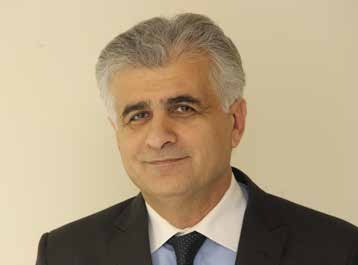

Traditional hotel procurement relies on historical patterns and manual vendor comparisons, yet it frequently misses opportunities for effective cost optimization. However, AI-powered spend analytics revolutionize this approach by continuously analyzing purchasing data across hotel departments, revealing hidden patterns invisible to human analysis. For example, AI can identify that identical housekeeping supplies cost significantly more at certain properties, while detecting kitchen waste indicating seasonal over-ordering. Moreover, the technology connects seemingly unrelated data points, linking guest satisfaction scores to supplier quality metrics, therefore enabling procurement decisions based on insights.
AI predictive procurement
Hospitality procurement faces unique challenges with fluctuating demand patterns driven by seasons, events and trends, requiring proactive, AI-powered solutions. Consequently, predictive AI procurement analyzes multiple data streams, including occupancy, event calendars and booking trends to forecast needs accurately and recommend actions. In addition, AI systems can predict increased demand for pool supplies during summer months, while scheduling deliveries and anticipating linen replacement needs. Furthermore, restaurant operations benefit from AI correlating local festivals with food service demand, then recommending menu adjustments alongside sourcing strategies accordingly.
AI supplier management
Although autonomous AI negotiation technology is proven in general procurement, hospitality-specific implementations are emerging, transforming supplier interactions through digital interfaces effectively. These AI agents conduct negotiations with suppliers, analyzing contract terms, and autonomously reaching agreements for routine purchases without human intervention, thereby improving efficiency. Applications focus on standardized items like cleaning supplies, basic amenities and maintenance materials, where AI handles negotiations and contract renewals independently. Thus, procurement professionals can concentrate on strategic supplier relationships for critical areas, such as food service and guest experiences requiring human judgment.
AI procurement implementation
Successful AI adoption requires a systematic approach beginning with data consolidation and spend analytics before advancing to predictive and autonomous systems efficiently. Hotels must ensure clean, integrated data across property management systems, point-of-sale platforms and existing procurement tools, thus creating a foundation for AI success. Many hotels find success starting with AI spend analytics to identify opportunities, then expanding to predictive procurement for forecasting, before gradually exploring autonomous elements. The most effective approaches balance human oversight for strategic decisions with AI automation for repetitive processes, thereby maximizing efficiency and cost management results. For hospitality leaders, this transformation elevates procurement from operational necessity to strategic advantage, allowing teams to focus on guest experience, while AI optimizes efficiency.

DR. JASSIM HAJI
President
Global AI Group
@dr_jassim_haji






